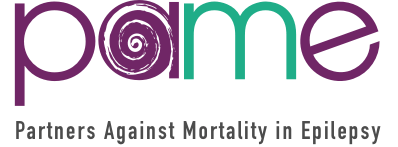Anxiety and depression are very common in people with epilepsy, effecting up to one third of all people with epilepsy (PWE). Often these mental health challenges can have a greater impact on people than the seizures themselves. Poor mental health can be under-recognized and undertreated and can lead to an increased risk for suicide. In fact, suicide ideation is experienced by up to 25% of people with epilepsy over their lifetime, with 7% of people attempting suicide. In the US, suicide is the 4th leading cause of direct epilepsy mortality, after SUDEP, injuries and status epilepticus.
Considering the high prevalence of depression among people with epilepsy, routine and periodic screening of all PWE for early detection and appropriate management of depression is recommended. PWE should be screened for suicidal ideation regularly and, when needed, patients should be referred for a psychiatric evaluation and treatment. When starting an antiepileptic drug (AED) or switching from one to another AED, patients should be advised to report to their treating provider any change in their mood and existence of suicidal ideation.
Many resources exist that describe the problem and offer screening and management tools to the health care provider and patient. An excellent overview of the issue was presented at the 2021 PAME meeting by Dr. Heidi Munger Clary, from Wake Forest School of Medicine. Her presentation can be found here.
Dr. Madison Berl, a neuropsychologist from Children’s National Hospital, also presented at the recent PAME meeting on specific considerations for pediatric co-morbidities. Her presentation can be found here.

